Student recognized for project on semen stains
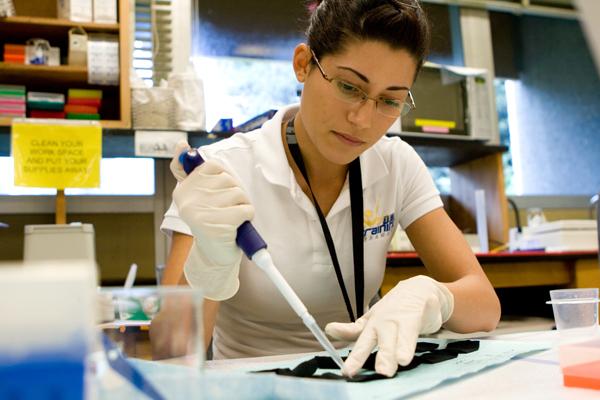
sperm:Bianca Davis, senior biology major, studies the effects of microwaves in detecting semen stains on fabric.:Ricky Afuang – State Hornet
April 7, 2010
The ability to detect semen stains after exposure to microwave radiation was the topic of this year’s winning research project for the Sacramento State Annual Research Award.
Senior biology major Bianca Davis was awarded $200 for her research project. Davis hopes her research effort will lead her into the field of forensic science in the future.
“I think I won because my research was clear, straightforward and it was directly applicable to the field,” Davis said. “It was kind of an interesting topic for the judges, I’d assume.”
Davis’ research project was in competition with work submitted from both graduate and undergraduate studies from all research fields at Sac State. Her award was not unexpected from her professors.
“Bianca did very well,” said Ron Coleman, biology professor and research team coach. “She presented her research in a clear manner going from a problem to be solved, to her methods of how she attacked that, to her results and finishing with how this impacts the larger world of forensics.”
Davis’ interest in the subject came from her experience in an advanced forensic biology class at Sac State taught by biology professor Ruth Ballard.
“For part of the class, she wanted us to find a problem in forensics and try to solve it,” Davis said. “I chose semen because it was easy. I didn’t have to prick my own finger to get it; I could get it from somewhere else.”
Davis said the semen used in the experiment came from a private donor.
“(The donor) is really supportive of my research,” Davis said. “He understood the importance of what I was doing.”
Davis said she prepared for the presentation of the competition with Coleman’s help.
“He advised me on how I should present, how I should talk,” Davis said. “He gave me insight on what would be the best approach for talking about my research.”
Davis’ research is important to her future after college.
“The most important thing about doing this whole project was when going into a lab or a crime scene investigation team,” Davis said. “If you want to get hands-on experience you have to do it on your own, and that’s not cheap or easy.”
The prior forensic research experience is important for Davis because she won’t have time to research these topics when she is working in a lab.
When working for a lab she will be busy processing actual evidence, Davis said.
Prior to Davis’ research, there were no studies indicating how microwaves affect evidence.
“Bianca showed that the screening tools that criminalists routinely use to find semen stains on fabric may be ineffective once materials have been exposed to microwave radiation,” Ballard said in an e-mail.
Criminals try to compromise evidence such as semen or DNA by using cleaning methods such as bleach, and in some investigations clothing has been found in microwaves.
Davis’ research found that investigators were less likely to find semen on clothing that had been left in the microwave for longer periods of time.
Davis noted that so far she has been unable to tell if it’s the radiation or heat from the microwave compromising the semen sample.
Davis started working on her research in September of 2009 and plans to continue working on it testing other variables such as if the DNA evidence left from semen is compromised. Davis hopes to start the next phase of her research in the upcoming weeks.
Davis will be going to compete next to eight other Sac State students at the State Research competition San Jose State University. All 23 California State University campuses will send their top research projects from all fields to San Jose to compete.
“Bianca did a solid and important set of experiments and is an excellent presenter,” Coleman said. “I think her chances of placing well in the statewide competition are excellent.”
Cahil Bhanji can be reached at [email protected].















































































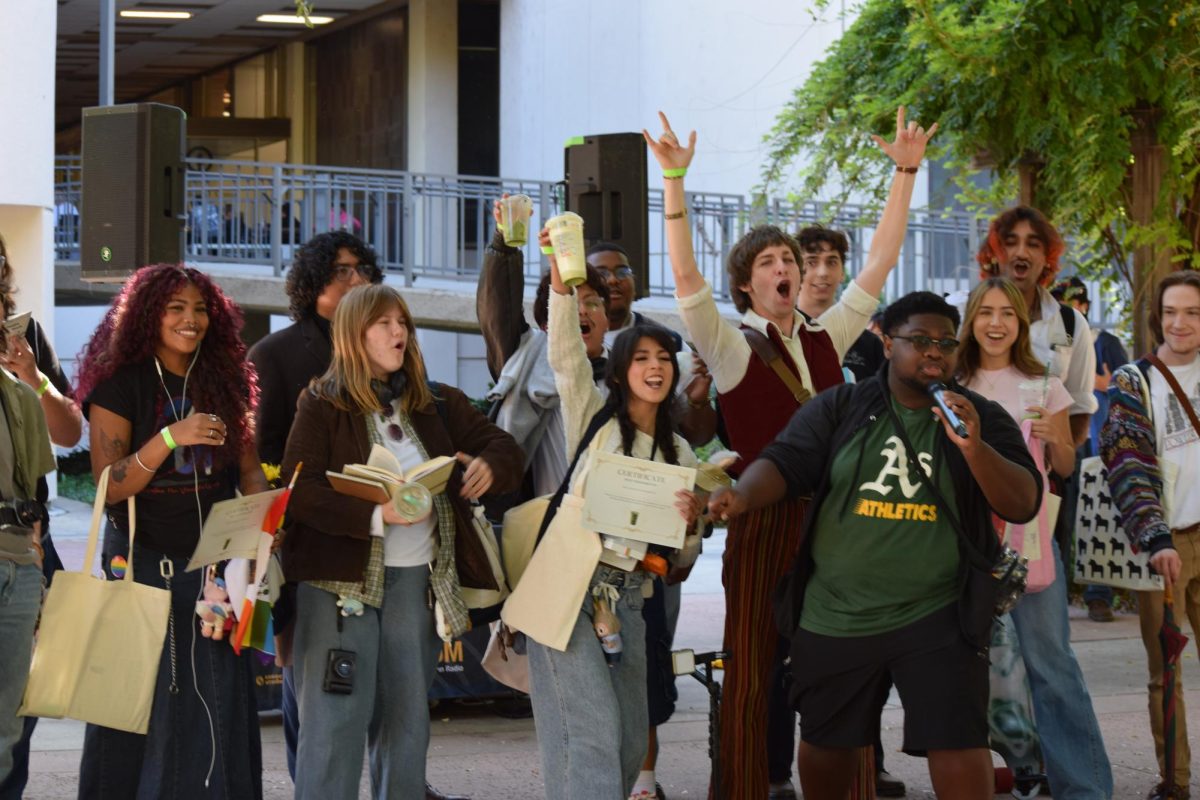
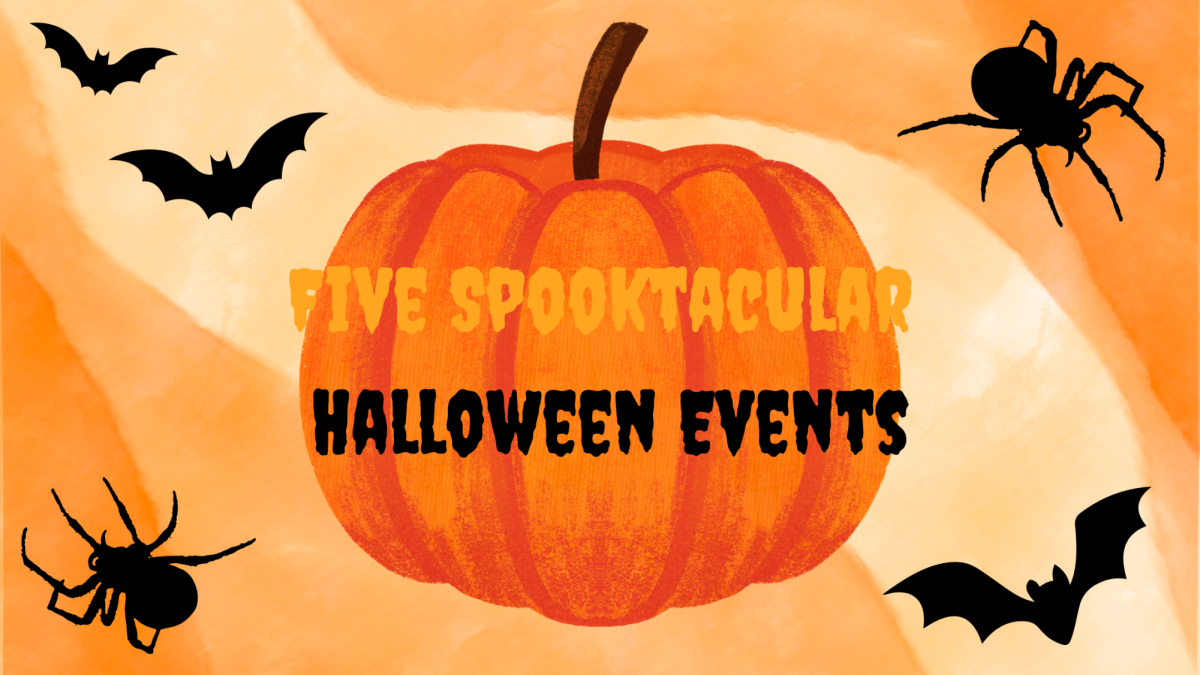


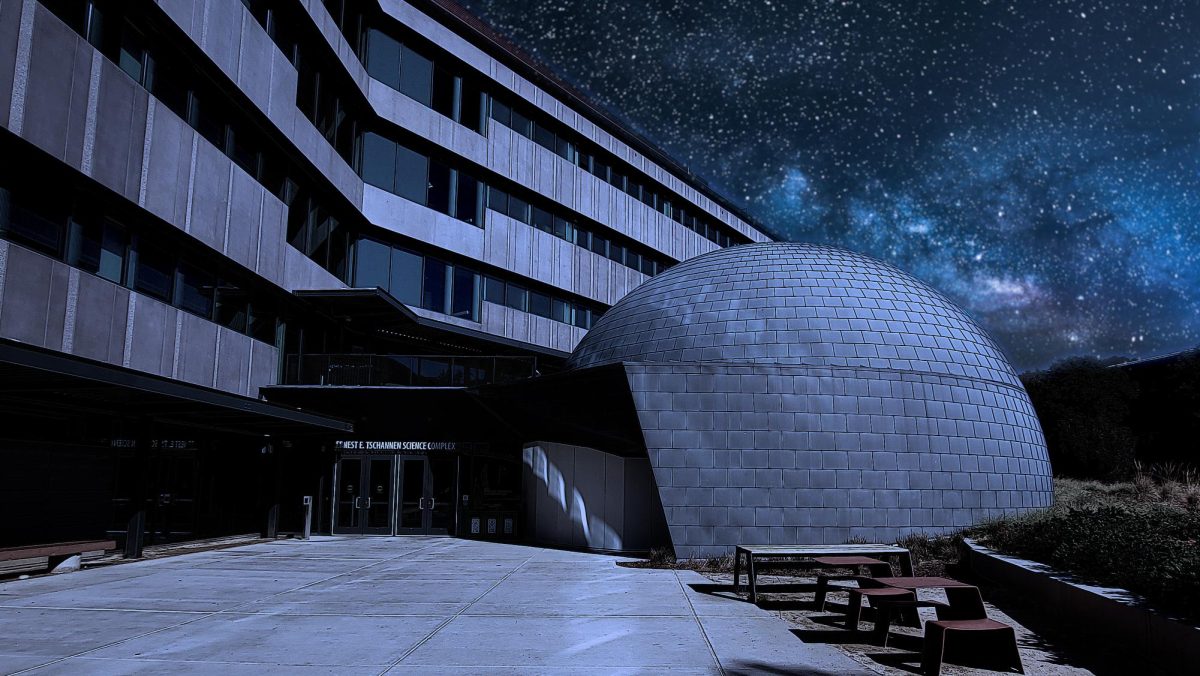








































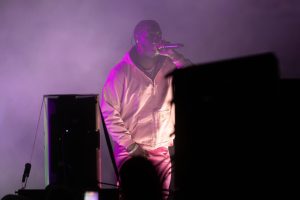

Greg antonucci • Sep 7, 2017 at 10:04 pm
Its gross..